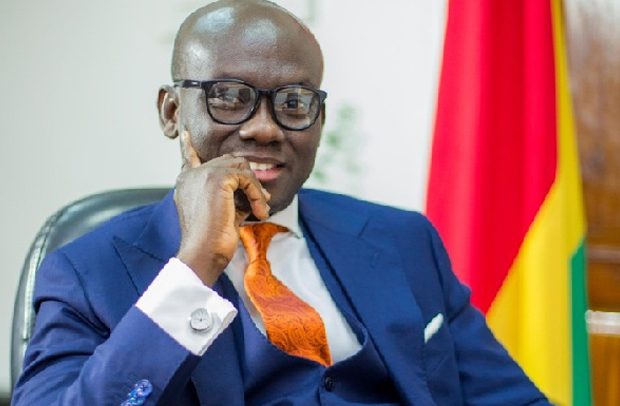Godfred Yeboah Dame
THE ATTORNEY General and Minister for Justice, Godfred Yeboah Dame, has indicated that government’s paramount desire is to establish an environment which adequately fosters economic and social development by promoting human rights across all sectors.
To this effect, he said a number of measures have been put in place to ensure the promotion of human rights in the country, such as the setting up of the National Mechanisms for Reporting and Follow-ups (NMRF) to foster the United Nations (UN) reporting mechanism on human rights issues in Ghana.
He said the NMRF was set up with the desired aim of enhancing continuous reporting, monitoring of recommendations and progress made by the state with regards to the implementation of the said recommendations.
The Attorney General said this in a speech read for him by Nana Abena Brenya Okyere, a Principal State Attorney at the in-country pre-session on Ghana’s 4th cycle of the UN Universal Peer Review (UPR) in Accra.
The UN UPR was introduced in 2006 by the UN General Assembly as part of reforms to promote human rights in the world following the establishment of the UN Human Rights Council.
Under the UPR mechanisms, UN member countries are peer-reviewed and examined on their entire human rights record every five years.
Ghana has been reviewed under the UN UPR on three occasions — 2008, 2012 and 2017, with the next one scheduled for 2023.
The in-country pre-session was organised by the POS Foundation, a civil society organisation (CSO), with support from the UN Ghana Office and the German Development Cooperation (GIZ) and was on the theme, “Diplomacy Meets Human Rights on Ghana’s Record: UPR is a Process, Not an Event.”
The event brought together CSOs working on human rights issues, institutions that promote human rights and policy makers to assess human rights in the country as a precursor to the assessment of the country’s human rights under the UN UPR mechanism.
The Attorney General said the state through NMRF, was working tirelessly towards the success of this UPR cycle and, in that regard, was done drafting its report which has been submitted to the UN Human Rights Council.
He said a handful of success had been chalked by the state since the last review, which include setting up of the NMRF, the passage of the Right to Information law, the Narcotics Control Commission Act, and the Non-custodial Sentencing Bill drafted by POS Foundation.
He commended the diplomatic community for supporting the activities of CSOs in promoting the rights of persons, and expressed the hope that both reports submitted by the state and CSOs would help draw a clear balance on the actual state of human rights in Ghana and put the diplomatic community in a strategic position towards making specific, measurable, achievable, result-oriented and time-bound recommendations to Ghana as a state.
The German Ambassador to Ghana, Daniel Krull, urged Ghana to use its Presidency of the United Nations Security Council to promote human rights and also help bring an end to the war in Ukraine.
This, he said, would be a big push for the global economic recovery efforts and also help Ghana to resolve its current economic challenges.
He added that Ghana must continue to strengthen and not weaken human rights issues if it intends to attract more direct foreign investments.
Jonathan Osei Owusu, the Executive Director of POS Foundation, said Ghana must take UPR serious as a process and not an event, and try as much as possible to be proactive to enforce and implement all recommendations it receives.
He assured that civil society organisations will continue to push government to form partnerships to be able to address issues on human rights in the country.
BY Gibril Abdul Razak


